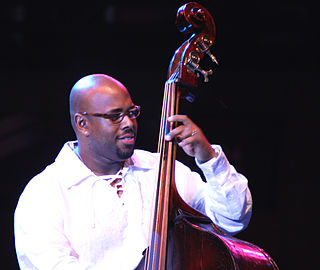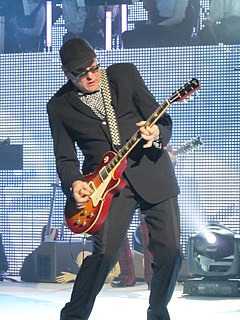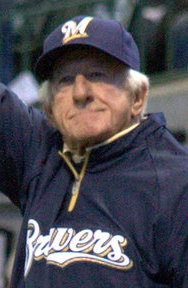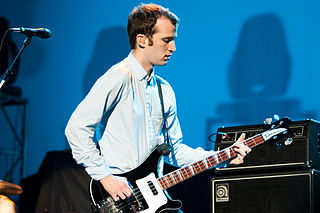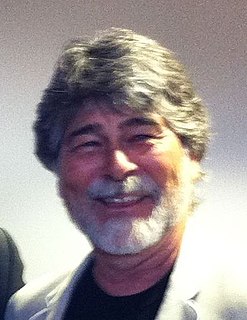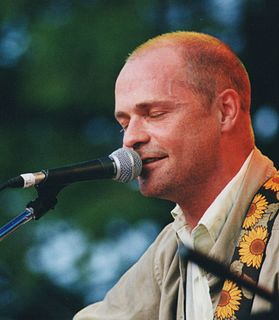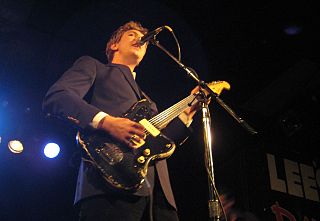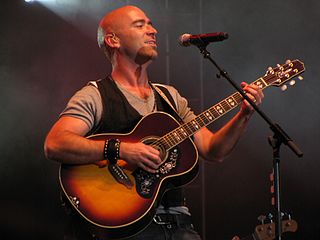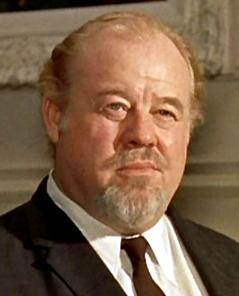A Quote by Steve Miller
You know, songs like 'Rock'n Me' were actually written to be played in large... for a hundred thousand people kind of gatherings. And a lot of what came out on 'Fly Like an Eagle' and 'Book of Dreams' was music that was put together to be played in big, big venues with big light shows.
Related Quotes
When you think of diversity, George Duke fits that bill better than a lot of people. He's played a lot of straight-ahead jazz with people like Nancy Wilson and Cannonball Adderley; he's played a lot of fusion with his own groups, with Stanley Clarke; and, you know, he did the rock thing with Frank Zappa. He's written all kinds of big arrangements for people like Burt Bacharach. So, he's covered the board. He's still a great pianist.
Early on, before rock 'n' roll, I listened to big band music - anything that came over the radio - and music played by bands in hotels that our parents could dance to. We had a big radio that looked like a jukebox, with a record player on the top. The radio/record player played 78rpm records. When we moved to that house, there was a record on there, with a red label. It was Bill Monroe, or maybe it was the Stanley Brothers. I'd never heard anything like that before. Ever. And it moved me away from all the conventional music that I was hearing.
I think Justin Bieber played a couple of songs up the block from it - and they said that some-one in his camp came and got him a burger. We had been talking about him a lot. Especially actually, last time we came to Australia, C.T. was on a real big Justin Bieber kick. I just thought it was really interesting to finally cross paths with him in New Zealand. And like really - the TV, everyone's just talking about it on the radio - it's a big deal that he was here. I think he just left.
Those first big concerts we played as 'Throwing Copper' started to really reach people worldwide - I think we played our first big arena show at the George Estate basketball arena down in Atlanta. I remember showing up and standing on stage and just being like, 'I can't believe this is going to be full of people. This is huge.'
I know people who have donated big to presidents. I know people who have raised money big for presidents. And they are treated like kings by the politician and his organization. They are constantly invited to parties, seminars, private gatherings where the candidate or the president will explain policy, but only to them. And they brag about it. Which is fine. That doesn't bother me.

